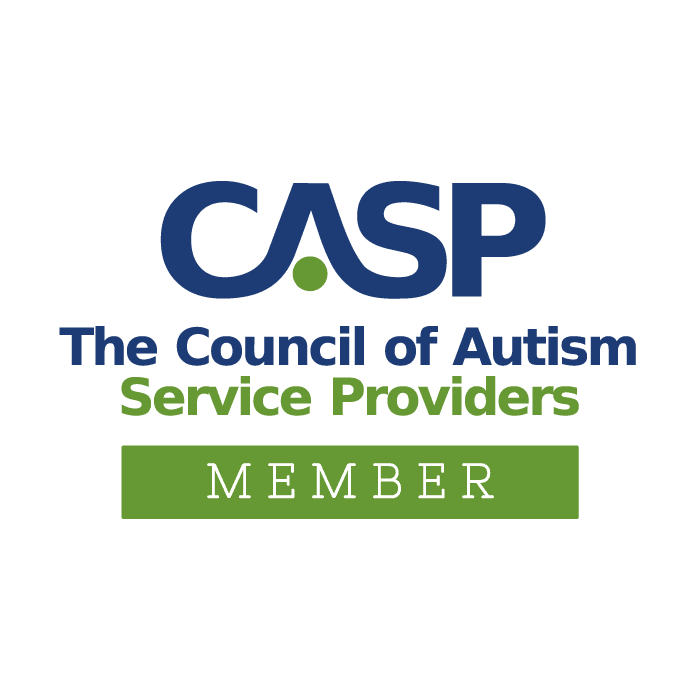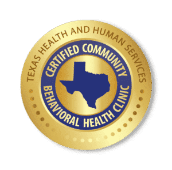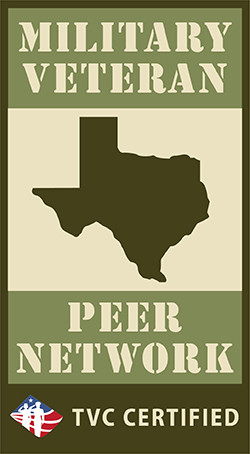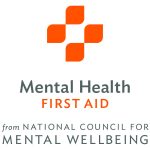Suicide Prevention
Home » Services » Crisis Services » Mental Health Crisis Services » Suicide Prevention
Suicide is preventable.
If you think someone you know might be considering taking their own life, remember, it’s OK to ask. In fact, it is the most responsible action you can take.
Phrases such as those below can open up conversation.
- “Are you OK?”
- “You seem really down today.”
- “Tell me what’s going on.”
- “Tell me how you are feeling right now.”
However, you must also ask directly “Are you having thoughts about killing yourself?” If that is too uncomfortable for you, find someone who can ask.
It is always better to ask directly than not to do so. Studies show that asking at-risk people if they are suicidal does not increase suicides or suicidal thoughts. Findings suggest acknowledging and talking about suicide may in fact reduce rather than increase suicidal thoughts.

24/7 Mental Health Crisis Hotline
Suicide Warning Signs
What You Should Do
- Listen and express concern in a non-judgmental way.
- Take action—get them connected with professional help.
- Ask questions openly (e.g. “Do you have a plan?” “Will you talk with someone who can help?)
- Show that you care.
- Take suicide threats seriously.
What You Should Not Do
- Do NOT keep a secret.
- Do NOT sidestep the issue or treat it lightly.
- Do NOT leave the person alone.
- Do NOT offer simple solutions.
- Do NOT judge.
- Do NOT offer or suggest drugs or alcohol.
- Do NOT try to be a therapist—get professional help.
5 Action Steps For Helping Someone In Emotional Pain
- Ask: “Are you thinking about killing yourself?” It’s not an easy question, but studies show that asking at-risk people if they are suicidal does not increase suicides or suicidal thoughts.
- Keep them safe: Reducing a suicidal person’s access to highly lethal items or places is an important part of suicide prevention. While this is not always easy, asking if the at-risk person has a plan and removing or disabling the lethal means can make a difference.
- Be there: Listen carefully and learn what the individual is thinking and feeling. Findings suggest acknowledging and talking about suicide may reduce rather than increase suicidal thoughts.
- Help them connect: Save the National Suicide Prevention Lifeline’s number in your phone so it’s there when you need it: 988 or 1-800-273-8255(TALK). You can also help make a connection with a trusted individual, like a family member, friend, spiritual advisor, or mental health professional.
- Stay connected: Staying in touch after a crisis or after being discharged from care can make a difference. Studies have shown that the number of suicide deaths goes down when someone follows up with the at-risk person.
Mental Health Crisis Services

Mobile Crisis Outreach Team
Our Mobile Crisis Outreach Team is a team of professionals on hand to assist during a mental health crisis.

Texana Crisis Center
The Crisis Center is available for adults aged 18 and up who are low income, uninsured, or have Medicaid. It is not open to the public and it is NOT a drop off center. It is accessed only by calling our Mental Health Crisis Hotline and receiving a screening by the Texana Center Mobile Crisis Outreach Team.

Inpatient Psychiatric Hospitalization
If it is determined that an individual cannot be safely stabilized in the Texana Crisis Center or in the outpatient setting, Texana Center assists in providing brief stays in licensed psychiatric hospitals to relieve acute symptoms and restore an individual’s ability to function in a less restrictive environment.












